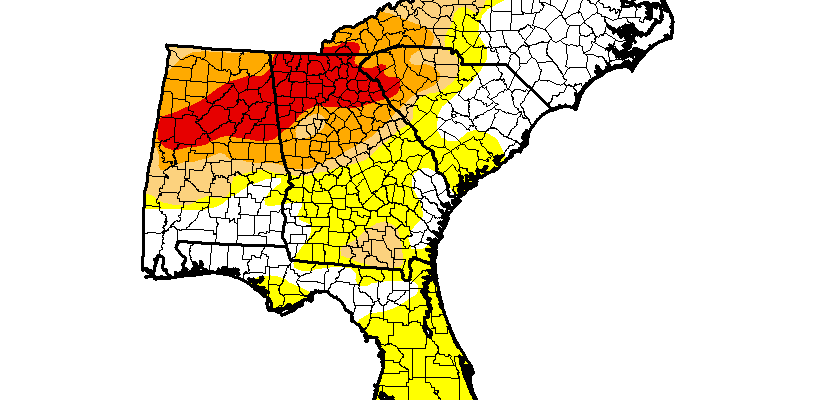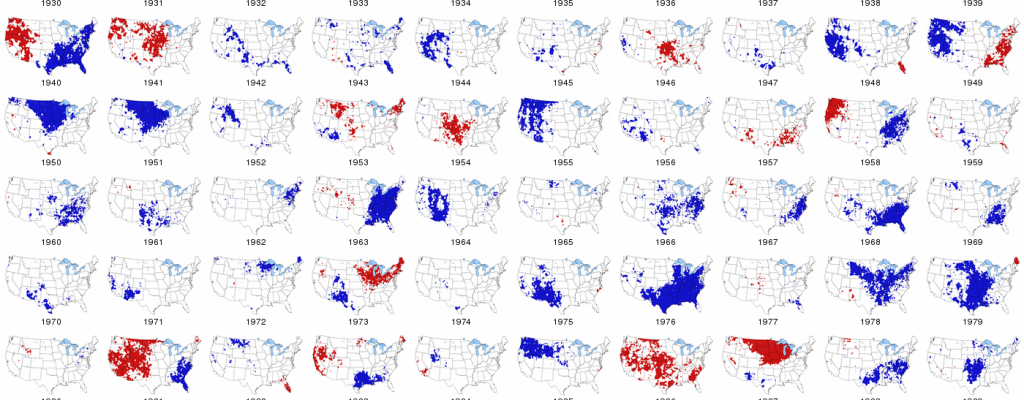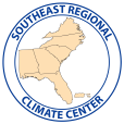January 2017
-

Scientific American has an interesting short article today about links between the record warm Arctic temperatures and the jet streams which affect our weather patterns here in the US. You might enjoy reading it. The link is at https://www.scientificamerican.com/article/the-arctic-is-getting-crazy/.
-

I am not a Twitter user, since I spend too much time on social media already, but if you are and you enjoy weather content, you should check out this list of the best 100 weather- and climate-related feeds on Twitter. You will recognize several of the sites, since I steal from use their Facebook…
-

The latest Drought Monitor, released this morning, shows that all drought has been removed from Florida, leaving just a few patches of abnormally dry conditions. Similarly, drought in southern Georgia has also been reduced, but most of northern Georgia, Alabama and the Carolinas remain unchanged from last week. In the next week, most of the…
Posted in: Drought -

Deke Arndt of NOAA’s National Centers for Environmental Information provided the following interesting commentary about one of the graphs in the national climate summary that came out yesterday: As far as temperatures go, and especially “extreme” temperatures go, minimum temperatures (a.k.a. “Tmin”, “morning lows”, “overnight lows”, etc.) are increasing more than maximum temperatures (a.k.a. “afternoon…
-

Even though it hit 70 F in Athens today and warm temperatures dominated conditions in the Southeast today, I was interested to read this list of the ten worst all-time ice storms in the US from Weather Underground. You may have lived through some of them yourself, since several were in the Southeast. You can…
-

The recent rains on the West Coast have caused many of the rivers there to flood, threatening many cities as well as cropland. Levees are being overtopped and mudslides and fallen trees are blocking roads through the region. You can read more about the impacts of the storm and view pictures of the conditions at…
-

The Southeast Regional Climate Center has released their annual climate summary for 2016. You can read it at https://www.sercc.com/SoutheastRegionAnnualClimateReport2016.pdf. Note that this is a text document and the information will be incorporated into the National Centers for Environmental Information web site at https://www.ncdc.noaa.gov/sotc/national/201613.
Posted in: Climate summaries